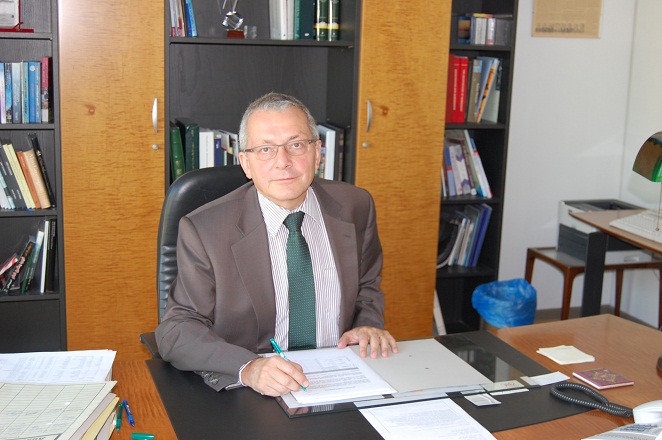Saudi investments in Egypt have reached approximately $34bn, with over 800 Saudi companies active in the country, Minister of Agriculture and Land Reclamation Alaa Farouk announced during the Egyptian-Saudi Business Council Forum. The number of Egyptian companies operating in Saudi Arabia has also surpassed 6,830, with total investments nearing $5bn.
Farouk noted that Saudi Arabia is Egypt’s third-largest trading partner, while Egypt ranks seventh in trade with the Kingdom. Total trade exchange between the two countries reached nearly $13bn in 2023, with Egyptian exports to Saudi Arabia amounting to $5.3bn and imports valued at $7.5bn.
The minister underscored the strong historical ties between the two nations, highlighting the growing political and economic momentum driven by the leadership of Egyptian President Abdel Fattah Al-Sisi and Saudi Crown Prince Mohammed bin Salman. He pointed to the establishment of the Egyptian-Saudi Higher Coordination Council—a key mechanism for institutional cooperation—as a major step in strengthening bilateral relations. The signing of an investment protection and promotion agreement during the Crown Prince’s visit to Cairo in October 2024 further demonstrates both countries’ commitment to deepening economic collaboration.

Farouk emphasized the Egyptian government’s efforts to improve the investment climate, noting that Prime Minister Mostafa Madbouly has held a series of meetings with Saudi investors to resolve challenges facing their projects. Egypt has introduced legislative reforms, streamlined procedures, and provided logistical support to facilitate smoother operations for foreign investors.
In the agricultural sector, over 13 major Saudi companies are already engaged in diverse activities such as livestock, poultry, dairy, animal feed, and veterinary medicine production. Farouk noted that Saudi Arabia is among the largest Arab importers of Egyptian agricultural products, accounting for roughly 9% of Egypt’s total agricultural exports in 2024. Key exports include citrus fruits, grapes, mangoes, potatoes, onions, and processed goods.
Looking ahead, the minister affirmed that Egypt’s agricultural sector offers ample room for further Saudi investment. Opportunities include land reclamation, strategic crop cultivation, seed production in partnership with research centers, vaccine and veterinary serum manufacturing, livestock and aquaculture projects, and food processing targeting export markets. He stressed that these areas align with Egypt’s goal of enhancing agricultural productivity and boosting exports through integrated value chains.
Farouk concluded by reaffirming the government’s readiness to provide continued support to Saudi investors, underscoring the mutual benefits of deepening cooperation in agriculture and beyond.




